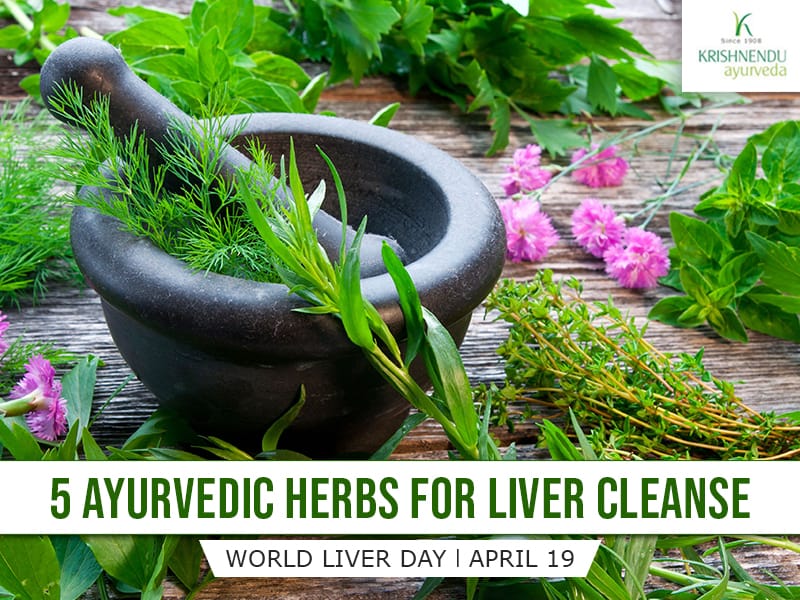
The liver plays a central role in several vital bodily functions, and its pathologies can significantly disrupt these processes. Diffuse liver abnormalities encompass a range of conditions that lead to widespread dysfunction or damage of this vital organ.
This broad classification often includes hepatic dysfunction, which can profoundly affect an individual’s overall health.
An alarming trend is the increasing prevalence of these conditions, affecting a growing number of individuals globally.
Interestingly, recent research indicates that silent liver inflammation may be more prevalent than previously recognized. Changes in diet and migration patterns have also contributed to a rise in chronic liver disease cases among specific populations. Early detection and timely intervention can significantly improve outcomes in patients with liver pathology and hepatic dysfunction, helping to manage liver abnormalities associated with chronic liver disease, hepatic steatosis, cirrhosis, and liver inflammation.
Click here to learn more about: shop
Understanding Liver Pathology And Diagnosis
The liver serves as a key organ for filtering toxins from the bloodstream and supporting various metabolic processes. Liver pathology encompasses the examination of diseases that can compromise overall well-being, including conditions such as fatty liver disease, which may stem from factors like obesity and alcohol consumption.
Other notable liver ailments include cirrhosis and hepatitis, both of which can lead to complications including portal hypertension and liver fibrosis.
Effective diagnosis typically incorporates blood tests that reveal enzyme elevations, imaging techniques like ultrasound or MRI, and occasionally liver biopsies for a more detailed analysis.
Recognizing symptoms such as jaundice, which indicates a buildup of bilirubin in the bloodstream, is crucial for timely intervention. Understanding these diagnostic techniques can ultimately aid in identifying liver dysfunction early in conditions such as fatty liver disease, hepatomegaly, fibrosis, portal hypertension, enzyme elevations, jaundice, and ascites.

Recognizing Symptoms Of Hepatic Dysfunction
Symptoms indicating liver impairment often go unnoticed, yet they play a significant role in diagnosing underlying issues. One prominent indicator is jaundice, which presents as a yellowing of the skin and eyes caused by an excess of bilirubin in the bloodstream.
Additionally, fatigue frequently arises, reflecting the liver’s diminished capacity to detoxify the body effectively.
Abdominal swelling, known as ascites, can occur when fluid accumulates due to liver dysfunction, often necessitating imaging studies like ultrasound or CT scans for further investigation. Interestingly, itchy skin may result from a buildup of bile salts, while spider angiomas, small vascular lesions often seen in alcoholic liver disease, can be confirmed through imaging studies such as ultrasound, MRI, or CT scan and may require biopsy for definitive diagnosis.
Imaging Studies For Liver Abnormalities
Assessing liver health often requires advanced technologies that reveal underlying issues not visible during a physical examination. These medical tools play a significant role in diagnosing conditions such as nonalcoholic fatty liver disease or liver cancer.
Common imaging techniques employed include ultrasound, CT scans, and MRI, each presenting distinct benefits.
For instance, ultrasounds are non-invasive and frequently the initial method utilized in evaluating liver health.
They also offer the ability to assess blood flow through Doppler techniques, which enhances understanding of liver function. It’s important for healthcare providers to interpret these results alongside a patient’s clinical history to make informed treatment decisions.
Employing these advanced technologies allows practitioners to monitor the progression of diseases like autoimmune hepatitis and adjust treatment plans accordingly. Transitioning from recognizing symptoms of hepatic dysfunction to exploring the complexities of nonalcoholic fatty liver disease, autoimmune hepatitis, liver cancer, viral hepatitis, and encephalopathy, ultimately guiding patients towards options such as transplantation for improved health.
Treatment Options For Chronic Liver Disease
Addressing chronic liver disease entails a comprehensive strategy tailored to each patient’s unique circumstances. The complexity of this condition necessitates personalized treatment plans.
Medications utilized may include antivirals aimed at managing viral hepatitis alongside therapies targeting metabolic disorders and autoimmune hepatitis.
Unique studies have indicated that the timing of drug administration can significantly influence treatment responses and liver function tests are indispensable for monitoring health and adjusting strategies as necessary.
Interventional procedures, such as transjugular intrahepatic portosystemic shunt (TIPS), play a significant role in alleviating complications, including portal hypertension.
The advancement of living donor liver transplantation has significantly enhanced patient prognoses. Alongside pharmacological interventions, managing nutritional issues is essential, and balanced dietary choices are encouraged while psychosocial support is provided to address function tests and the complexities of metabolic disorders, toxic injury, drug-induced injury, and cholestasis.
| Treatment Approach | Importance |
|---|---|
| Personalized treatment plans | Address unique patient circumstances |
| Antivirals for viral hepatitis | Manage viral infections effectively |
| Transjugular intrahepatic portosystemic shunt (TIPS) | Alleviate complications like portal hypertension |
| Nutritional management | Essential for overall health and recovery |
Lifestyle Changes For Liver Health Management
Maintaining liver wellness is integral to overall bodily functions, influencing various metabolic processes. The liver’s ability to handle detoxification can be significantly improved through conscious lifestyle adjustments, which help mitigate risks associated with conditions such as biliary obstruction.
Emphasizing a balanced diet rich in nutrients is one way to enhance liver function.
Incorporating a diverse array of vegetables and lean proteins can promote optimal health.
Lesser-known herbs, like milk thistle, are reputed for their potential to protect liver cells from adverse effects, contributing to effective detoxification.
Engaging in regular physical activity is another foundational element.
Aiming for a minimum of 150 minutes of moderate aerobic exercise weekly can foster liver health. Including resistance training is beneficial for overall health and can be particularly advantageous for individuals dealing with calcifications, polycystic disease, gallbladder disorders, biliary obstruction, as part of their diagnosis, detoxification, and screening.
Conclusion
Promoting liver wellness involves a multifaceted approach, encompassing lifestyle choices and regular health assessments. Recognizing the various symptoms of liver disorders can facilitate prompt intervention and enhance treatment options.
Engaging in routine check-ups with a specialist in hepatology can yield valuable information regarding liver functionality.
A diet rich in antioxidants, such as fruits, vegetables, and whole grains, can bolster liver health remarkably.
Practicing moderation in alcohol consumption is paramount, as excessive intake significantly increases the risk of liver disease. Maintaining an active lifestyle and achieving a healthy body weight are effective strategies to prevent complications like fatty liver.
Implementing these wellness tips provides individuals with practical means to enhance their liver health and overall quality of life.
Liver Wellness
- Regular health assessments can lead to early detection of liver disorders, improving treatment outcomes.
- A diet high in antioxidants can reduce oxidative stress and inflammation in the liver.
- Moderate alcohol consumption is crucial, as heavy drinking is a leading cause of liver disease.
- Maintaining a healthy body weight can significantly lower the risk of developing fatty liver disease.
